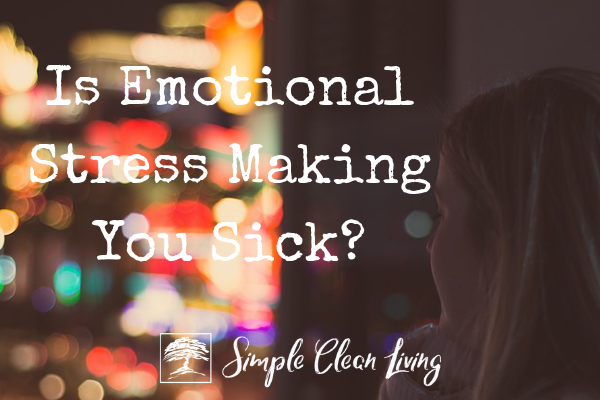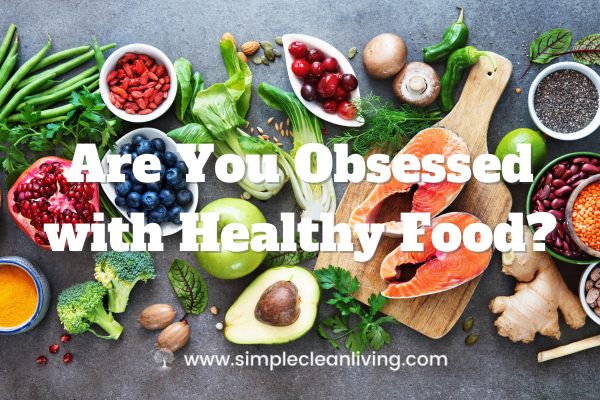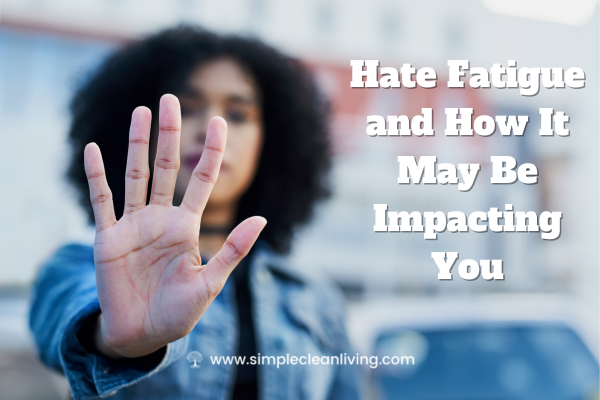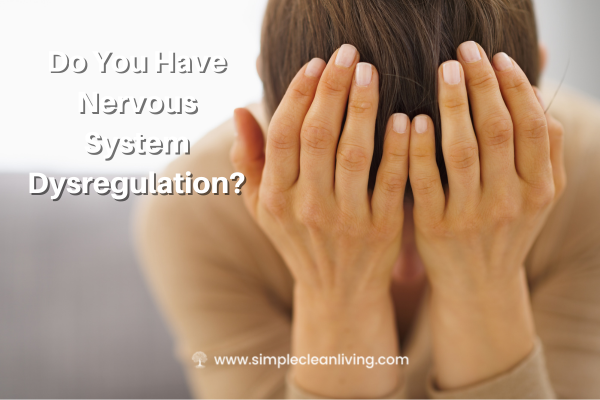Notice: I’m an affiliate for Amazon as well as other companies. Any links in this article may be affiliate links. I always appreciate it if you purchase something using my affiliate links. Doing so helps me to raise a little extra money that pays for the costs of running this site. And it allows me to continue bringing you quality content, all without costing you a thing! Thanks!
I often share information about stress, and there is a huge reason for that. Stress is the #1 contributor to ALL chronic illness. And yet so many women, just aren’t taking the time to manage their stress daily. Emotional stress can manifest itself as symptoms in your body, but it also can contribute to emotional problems if left unchecked. Experiencing chronic stress can quickly deplete neurotransmitters……the feel good chemicals in your brain.
Some of the symptoms that come with chronic emotional stress:
- Depression
- Mood swings that occur frequently or that are extreme
- Excessive anxiety
- Experiencing panic attacks
- Excessive need for control
- Worry
- Irritability
- Nervousness
- Anger
- Hostility
- Resentment
- Frustration
- Feelings of guilt
- Insecurity
- Restlessness
- Sadness
- Lethargy
- Pessimism
- Excessive negativity
- Changes in appetite-either increased or decreased
- Experiencing frequent insomnia
- Having nightmares or night panics
- Being forgetful
- Trouble concentrating
- Problems learning and retaining new information
- Racing thoughts
- Increased confusion
- Lack of organization
- Having trouble making decisions
- Feeling overwhelmed or burned out
- Having frequent crying spells
- Feeling lonely
- Feeling hopeless
- Feelings of worthlessness
- Suicidal thoughts
- Hormone imbalances
The symptoms above can seriously compromise the quality of your life. With this in mind, if not dealt with they can continue to escalate. The good news is the when experiencing mild to moderate emotional stress symptoms, there are things you can do to help yourself feel better.
Some of the things that you can do to help improve any mood issues are:
Check in with yourself!
Women are taught that we are supposed to be the caretakers and nurturers, but that often comes at a price…they forget to take care of themselves!!! If you aren’t checking in with you, then it will be easy for stress to pile up and become chronic quickly! It is important for you to check in with yourself daily (even multiple times a day when you are busy).
Be honest with yourself!
If you are struggling emotionally, then it is okay for you to take the time to take care of yourself. But you must be honest with yourself about where you are emotionally.
Get some exercise daily
Light to moderate exercise can help to release endorphins, dopamine and serotonin in your brain. These chemicals are the natural, feel good, stress relievers and anti-depressants. In fact, as little as 15 minutes of exercise can release these chemicals in the brain. Even better are exercises like yoga which include deep breathing, which can further reduce stress levels.
Essential fatty acids
Studies have been done that show that consumption of Omega 3 fatty acids help those who struggle with depression. These days, most people are consuming high amounts of Omega 6 fatty acids, but lack Omega 3s in their diet. Omega 3 fatty acids are found in fish oils and flaxseed oil. I recommend taking fermented cod liver oil each day as well as using flaxseed oil, or grinding up flaxseed and mixing it with some food each day (I mix two tablespoons with my daily smoothie)
Make sure you’re getting enough protein!
Animal protein contains the full spectrum of amino acids that are used to produce the neurotransmitters that you need to feel better. Consuming adequate animal protein will give your brain the tools it needs to help you feel better! Opt for high quality grass fed and pasture raised meats and eggs! This type of animal protein has a great balance of Omega 3 and Omega 6 fatty acids that can also help with your mood.
Find some ways to laugh every day!
Everyone loves to laugh and laughing is one of the most fun ways to reduce stress. When you laugh, it releases endorphins, the happy chemicals, which will reduce your stress and help you to feel good. So get online, watch some funny videos, funny movies or find a local laughter yoga class (yes, they do exist!)
Meditate regularly
Meditation usually involves deep breathing as well as a period of quiet focus. Therefore it is one of the best ways that you can reduce stress! Those who practice meditation regularly are able to handle stressful situations more easily than those who don’t. And regular meditation has been proven to reduce cortisol, the main stress hormone!
Supplementation
There are certain vitamins, minerals, amino acids and herbs that are really great for reducing emotional stress. Some of the best include vitamin B complex, magnesium, GABA, passionflower and l-theanine (derived from green tea).
Drink some herbal tea!
Herbs that possess nervine properties are great for reducing stress, depression and anxiety. In fact, they can easily be made into a tea or used in tincture form if you prefer that. Some of the best herbs for stress are lemon balm, oatstraw, chamomile, lavender, St. John’s Wort, Valerian and skullcap. Herbs are gentle to use and can benefit you by reducing stress. But be sure to check for any contraindications if you are using medications.




